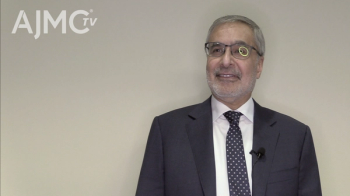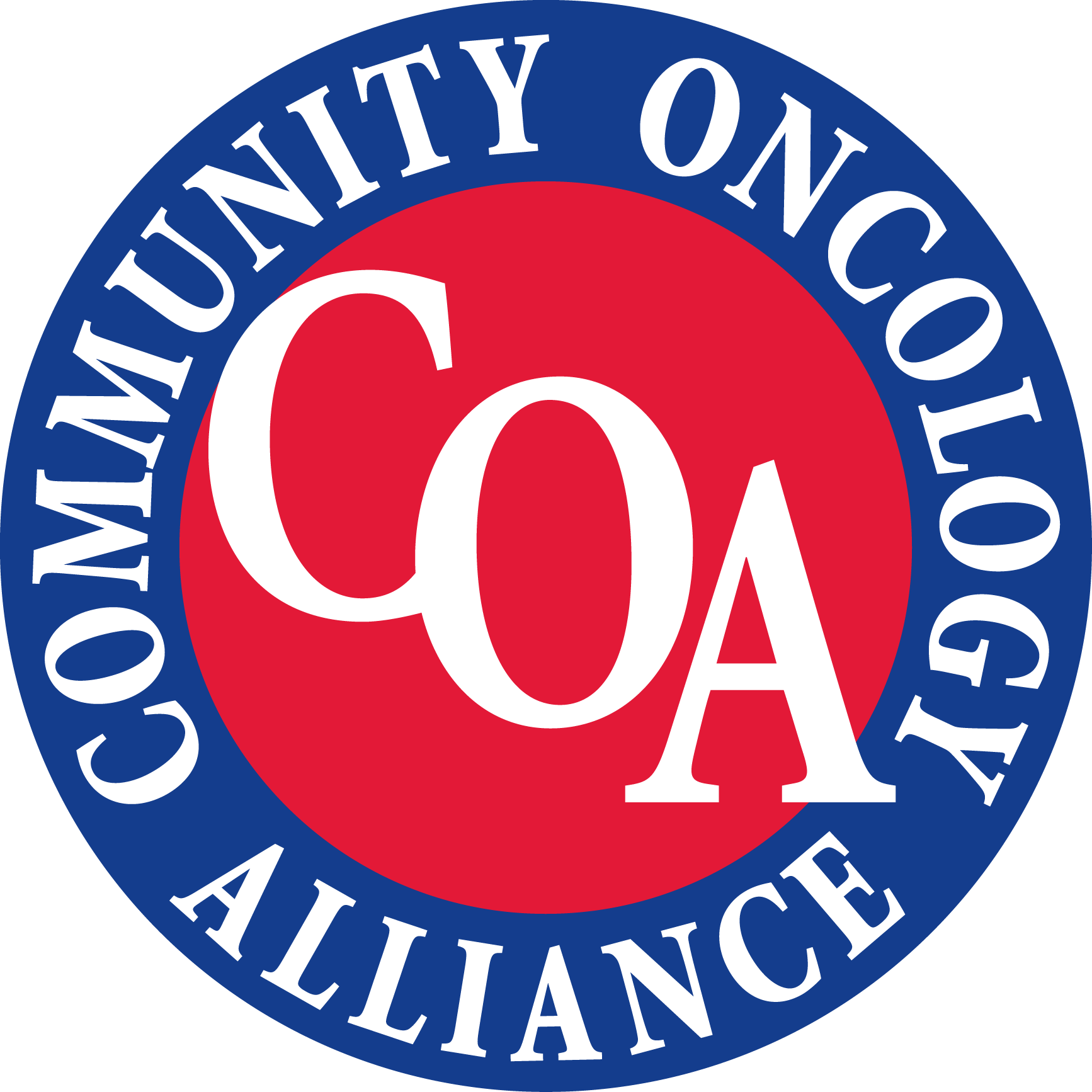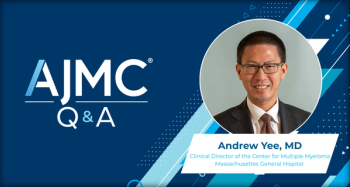
- February 2022
- Volume 28
- Issue 2
- Pages: SP83
COA Survey: Practices Find OCM a Success; Some Added Services May Be at Risk

The Oncology Care Model (OCM) is set to expire June 30, 2022. With no successor on the horizon, respondents to a recent survey by the Community Oncology Alliance (COA) say features such as dedicated navigators and weekend appointments could be reduced or lost if revenues that supported them are eliminated.
A new survey of oncolgoy practices finds that those participating in the Oncology Care Model (OCM), CMS’ alternative payment model (APM) in cancer care, say that the program has succeeded in reducing costs and improving patient outcomes.
But with the APM set to expire June 30, 2022, and no successor on the horizon, respondents to a survey released January 31, 2022, by the Community Oncology Alliance (COA) say some of the program’s most popular and successful features—such as dedicated navigators and weekend appointments—could be reduced or lost if revenues that supported
them are eliminated.1
CMS’ Center for Medicare and Medicaid Innovation (CMMI) launched the OCM in 2016 to run over 5 years, giving participating practices tools and funds to reinvent cancer care delivery with an emphasis on coordinating care, preventing unnecessary trips to the emergency room, offering survivorship care, and managing the cost of therapies. The program was
originally set to run through 2021 but was extended a year due to the pandemic.
A key feature of the program is the Monthly Enhanced Oncology Services (MEOS) payment, which funds the extra services practices offer under the program. This payment is triggered by each cancer episode at the practice, while other funds under the program involve more extensive reporting requirements.
Of the 126 practices that were still participating in the OCM in July 2021, 83 responded to COA’s survey; 78 had participated in the OCM and 73 were still participating. The results reported by COA reflect feedback of the 51 practices that completed the entire survey. Those participants were asked how the OCM impacted cancer care, whether they would continue in the model, and whether they expected reductions in service when the model ends.
In other analyses of the OCM, the initiative has received high marks for improving patient experience, but practices needed time to learn to fully implement the model.2 As the rise of immunotherapy unfolded during the model’s implementation, practices struggled to make the financial savings pieces work, since pricing assumptions often failed to keep pace with cancer innovation. Still, many oncologists say they would not want to revert to
delivering care without navigators, care planning, or survivorship services, and many larger practices have taken steps to figure out how to offer these services post-OCM.
In interviews for the December 2021 issue of Evidence-Based Oncology™ (EBO), experts said the concern is that without the added revenues offered by the OCM, smaller, independent practices will not be able to continue services that enhanced patient experience.3
STRONG IMPACT ON PATIENT EXPERIENCE. Respondents to the COA survey were asked to use a scale of 0-100, with 0 having no impact and 100 having a tremendous impact, to evaluate the OCM in 5 categories: patient experience, operational efficiencies, consistency in cancer treatments, reduced total cost of care, and addressing health disparities.
Average responses for all categories are reported here, showing the OCM has had positive impact: patient experience, 62; operational efficiencies, 56, consistency on cancer treatment, 56; reduced total cost of care, 49; addressing disparities, 45.
FUTURE OF MEOS PAYMENTS IS KEY. The survey asked practices if they would continue in the OCM, and whether that view would change if financial support in the form of MEOS payments were reduced or eliminated:
• 84% said they wanted to continue in the OCM as it is currently operating, with full MEOS payments.
• 80% said they would continue, even if MEOS payments were reduced by half.
• 27% would be willing to stay in the OCM without any MEOS payments.
Practices were given the chance to give open-ended comments on what the end of the OCM would mean to patients. Many said that staff now considered an essential part of the care routine would be reassigned or lost; some offered examples, such as reassignments for lay navigators or program coordinators, or the end of weekend hours that help prevent overuse of the emergency department.
When asked about service reductions due of the end of the OCM, the average response said practices could reduce key positions like care planner, survivorship planner, and nurse navigator by roughly 25%.
SURVEY PARTICIPANTS WANT AN OCM SUCCESSOR. The survey participants expressed disappointment that CMMI has no plans for a successor model to OCM in place. In 2019, a plan called Oncology Care First was proposed, but it was delayed due to the pandemic, and its future is unknown.
CMMI has a duty to shepherd ongoing oncology reform, given the investment practices have made, according to Bo Gamble, COA’s Director of Strategic Practice Initiatives. “The OCM led the way for a transformation in the delivery of cancer care, as well as a mindset for continual quality improvement with emphasis on efficiency and value. There will be a void in leadership if CMMI steps away from this important work.”
COA President Kashyap Patel, MD, CEO of leading OCM participant Carolina Blood and Cancer Care Associates in Rock Hill, South Carolina, urged CMMI to help community oncology practices continue the progress made under the OCM, not halt it.
“Practices have poured time and resources into this important project with a clear benefit to patients,” said Patel, who is also the associate editor of EBO. “CMMI should be thinking of ways to use the lessons learned from the OCM going forward, not ending it without a plan for the future.”
REFERENCES
1. COA survey of OCM participants show high satisfaction rate, strong interest in continuing the program. News release. Community Oncology Alliance. January 31, 2022. Accessed January 31, 2022. https://communityoncology.org/coa-survey-of-ocm-participants-shows-highsatisfaction-rate/
2. Kline RM, Blau S, Buescher NR, et al. Secret sauce: how diverse practices succeed in Medicare & Medicaid Services Oncology Care Model. JCO Oncol Pract. 2021;17(12):734-743. doi: 10.1200/OP.21.00165
3. Melillo G. With no replacement for OCM on Horizon, oncology practices ask: what now? Am J Manag Care. 2021;27(SP9):SP390. doi:10.37765/ajmc.2021.88800
Articles in this issue
almost 4 years ago
From the Editor-in-Chief: From the Earth to the Moon (and Back)almost 4 years ago
Emory’s Winship Joins AccessHope as Collaboration Partneralmost 4 years ago
ASTRO Offers Guidance on EBRT for Primary Liver Cancersabout 4 years ago
NCCN Updates Give Zanubrutinib Preference in CLL/SLLNewsletter
Stay ahead of policy, cost, and value—subscribe to AJMC for expert insights at the intersection of clinical care and health economics.
















